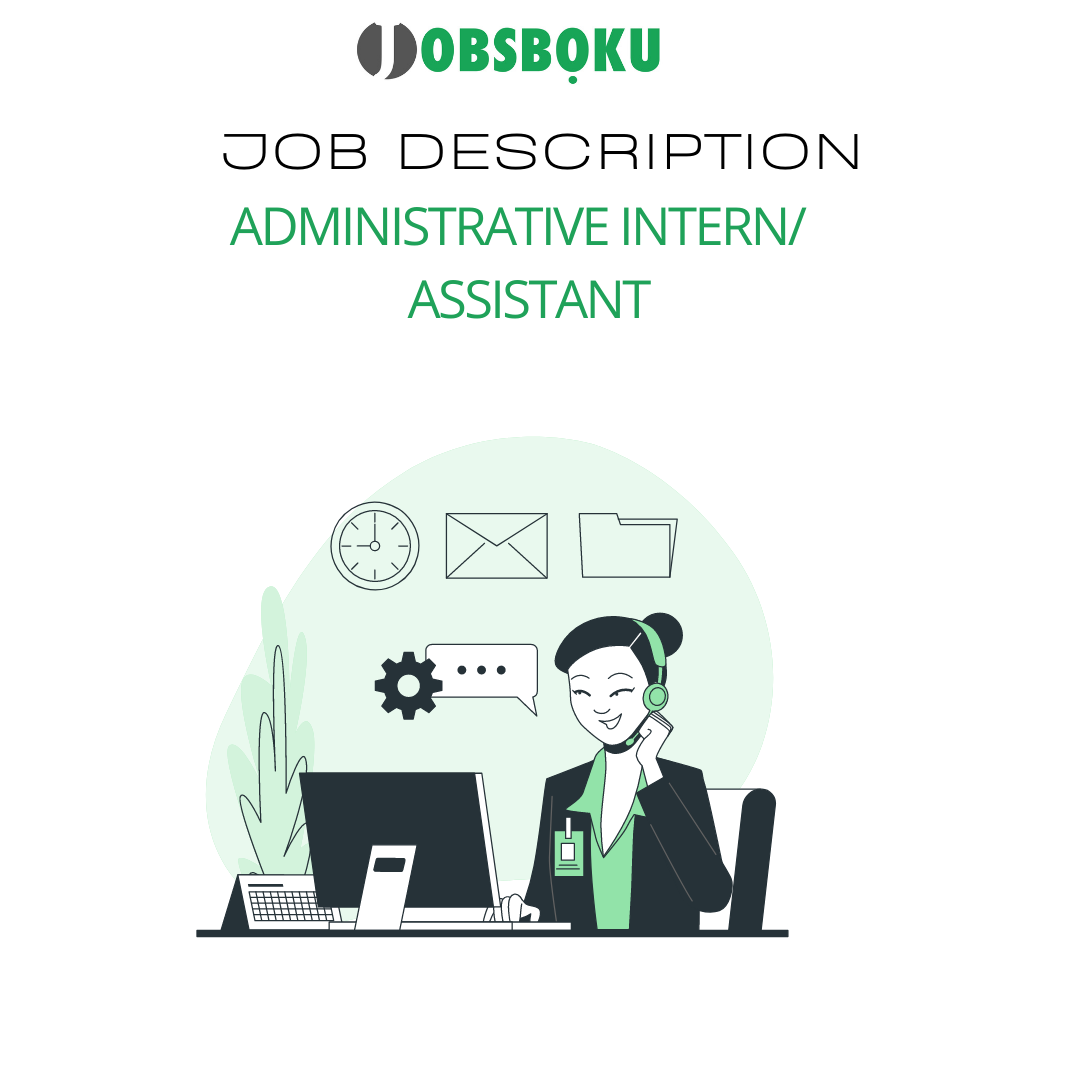Reason Why You Didn’t Get the Job

It’s a common fact that
every job interview is important but the outcome of the hiring processes is
still not predictable despite how prepared we might be it is therefore
important to take note of such things that oust us out of important hiring
opportunities.
The following are the
reasons you didn’t get the job:
vYour CV didn’t sell you
Every
professional HR expert review good number of CV within minute and May not have
the luxury of time to spend reviewing so therefore, your CV really needs to
stand out from the crowd. Even if your CV has some good experience listed on
it, it may well be overlooked if it doesn’t grab the attention of the reader.
Every good CV should therefore fit in with the required job description.
vYou didn’t demonstrate your knowledge
Poor
preparations for an interview prove the extent of our knowledge. Always make
sure you have fully researched the company and are able to communicate how your
skills are a good fit for their business. Also, have a number of strong
examples at the forefront of your mind in case you’re asked to talk about
specific scenarios in which you had a positive impact.
vYour experience didn’t meet the specific criteria
If
you were rejected without interview, it may be because your CV didn’t match the
specific criteria for the role. Employers always make sure all essential
attributes are fully outlined in the job advert/job description. Always ensure
that you have met any essential criteria (such as specific experience or
academic qualifications) before applying.
vYou don’t
fit well into the team
To
fit into the team refers to how well you match the company’s values and culture
which has a lot to do with your personality and skills – which can be hard to
measure. Sometimes you may not necessarily have done anything wrong but you
might have a different approach towards the work. However, demonstrating strong
communication skills and confident yet friendly comportment will always stand
in well for you
vUnclear motivations
Most
employers actively look for reasons to eliminate candidates and narrow down their
selection process. Sometimes an employer will be unsure of the reasons why a
candidate is applying. For example, your CV may indicate that you’re a little
overqualified for a role, but you might be particularly eager to work for the
organization or gain more experience in that particular sector. This is where a
detailed cover letter can be useful. Don’t get rejected just because you didn’t
explain why you wanted the role.
vSomeone with more experience came along
Despite
how strong your CV may look you still have to put in an excellent performance
at interview – because there are always competitors interested in that same
position. Which would lead to consideration of sector experience, i.e. someone
came along who has done a similar role in a similar organization in the same
sector.


